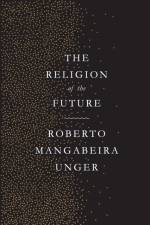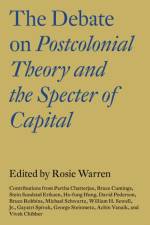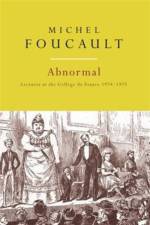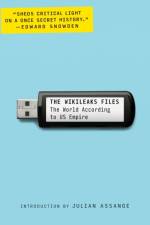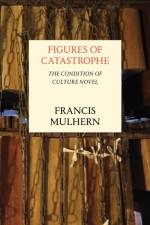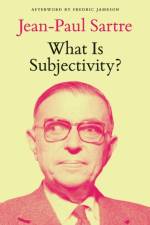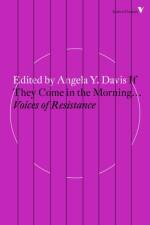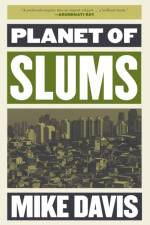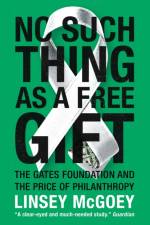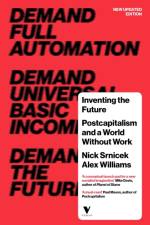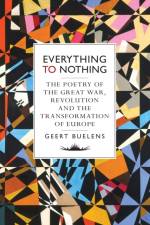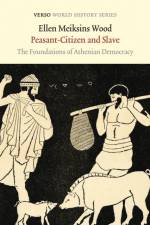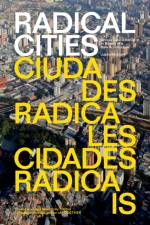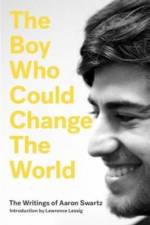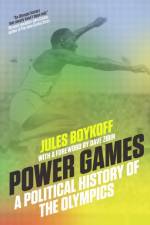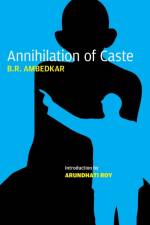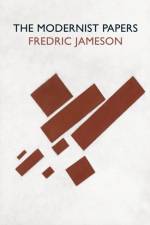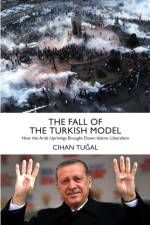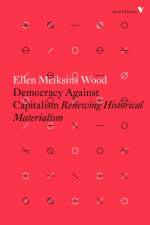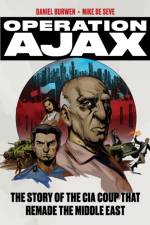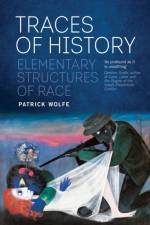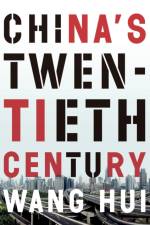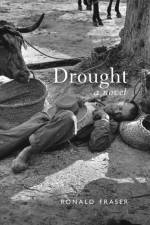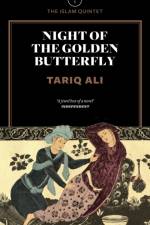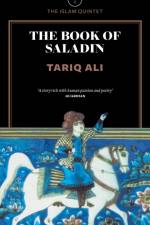- The Poetry of the Great War, Revolution and the Transformation of Europe
av Geert Buelens
307
The poets' Great War: violence, revolution and modernismThe First World War changed the map of Europe forever. Empires collapsed, new countries were born, revolutions shocked and inspired the world. This tumult, sometimes referred to as ';the literary war', saw an extraordinary outpouring of writing. The conflict opened up a vista of possibilities and tragedies for poetic exploration, and at the same time poetry was a tool for manipulating the sentiments of the combatant peoples. In Germany alone during the first few months there were over a million poems of propaganda published. We think of war poets as pacifistic protestors, but that view has been created retrospectively. The verse of the time, particularly in the early years of the conflictin Fernando Pessoa or Filippo Tommaso Marinetti, for examplecould find in the violence and technology of modern warfare an awful and exhilarating epiphany. In this cultural history of the First World War, the conflict is seen from the point of view of poets and writers from all over Europe, including Rupert Brooke, Anna Akhmatova, Guillaume Apollinaire, Gabriele D'Annunzio, Vladimir Mayakovsky, Rainer Maria Rilke and Siegfried Sassoon. Everything to Nothing is the award-winning panoramic history of how nationalism and internationalism defined both the war itself and its aftermathrevolutionary movements, wars for independence, civil wars, the treaty of Versailles. It reveals how poets played a vital role in defining the stakes, ambitions and disappointments of postwar Europe.

